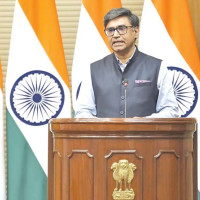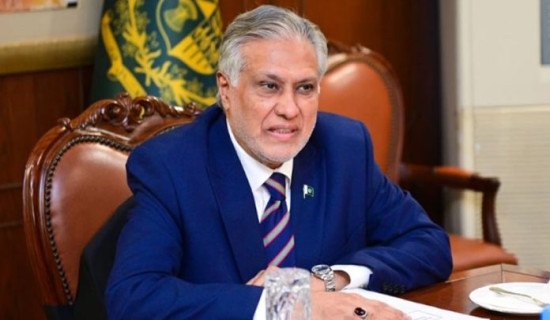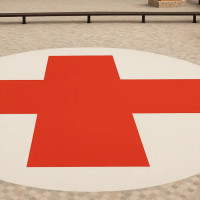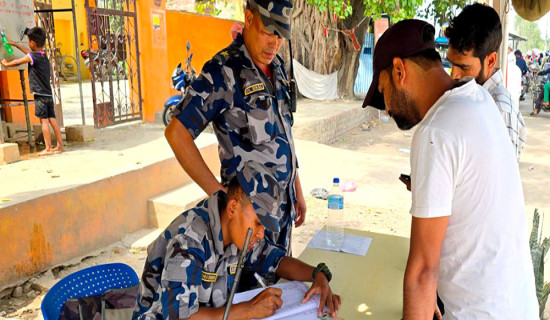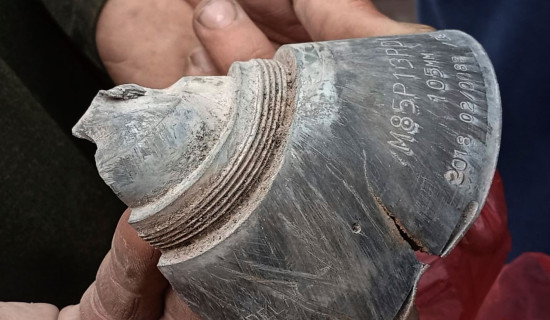- Sunday, 11 May 2025
AEPC to mark International Clean Energy Day on Jan 26
By A Staff Reporter,Kathmandu, Jan. 21: The Alternative Energy Promotion Centre (AEPC) is celebrating the International Clean Energy Day 2025 with various programmes and activities.
January 26 is being celebrated as the International Day of Clean Energy to mark the development and various initiatives in clean and renewable energy. The United Nations has initiated this celebration since 2024 and it is observed with various programmes and events across the world.
Executive Director of the AEPC, Nawa Raj Dhakal, informed at a press meet organised at his office on Monday that the Centre will organise an interaction with the clean and renewable energy stakeholders on January 26 and meeting with the development partners on January 27 while ‘Energy transition for resilient and low carbon economy summit 2025 will be held on January 28’.
"Development partners meet is being organised to update the international development partners about Nepal's policy and programmes and initiatives for the promotion and development of clean energy and get input for their priority areas," said Dhakal.
Likewise, the summit will bring together the clean energy stakeholders to deliberate on the possible future policies and strategies. It is being organised with the aim to identify the sectorial needs, opportunities and challenges, and prioritization of bankable projects and finding opportunities for investment and resource mobilization for energy transition.
It also aims to share success projects and development cooperation in energy sector, showcase potential bankable projects and investment promotion, and produce knowledge materials.
According to Dhakal, especially at a time while Nepal is graduating to a developing nation from the Least Developed Country (LDC) status by 2026 and funds for clean and renewable energy are becoming scarce, we need to constantly work with the potential development partners in order to collaborate and cooperate in the sector and ensure Nepal gets better access to global carbon and energy funds.
"We have been focusing on alternative energy options for the people who lacked access to the national grid and other alternatives like biogas projects," he said.
About 98 per cent people have access to energy and role of AEPC will be instrumental in expanding the facility to the remaining 2 per cent people.
So, it has given priority to micro-hydro and solar projects as well as clean cookstoves. On a greater scale, the AEPC has oriented its policies and programmes to Green Climate Fund (GCF). Capacity building for the same is ongoing in coordination with the Ministry of Finance, and Ministry of Energy, Water Resources and Irrigation.
"We aim to reach 1 million households in 150 local bodies of Tarai to promote and develop cleaner energy options including improved cookstoves and solar panels," said Dhakal.
According to the AECP, while many areas in local bodies or wards are connected to the national grid, many households in far-flung areas still don't have access to the facility. Likewise, it’s a challenge to reduce the number of households that use firewood or cow-dung cake to cook food from 54 per cent and users of the LP gas from 44 per cent.
"We need to replace them both," said Dhakal.




